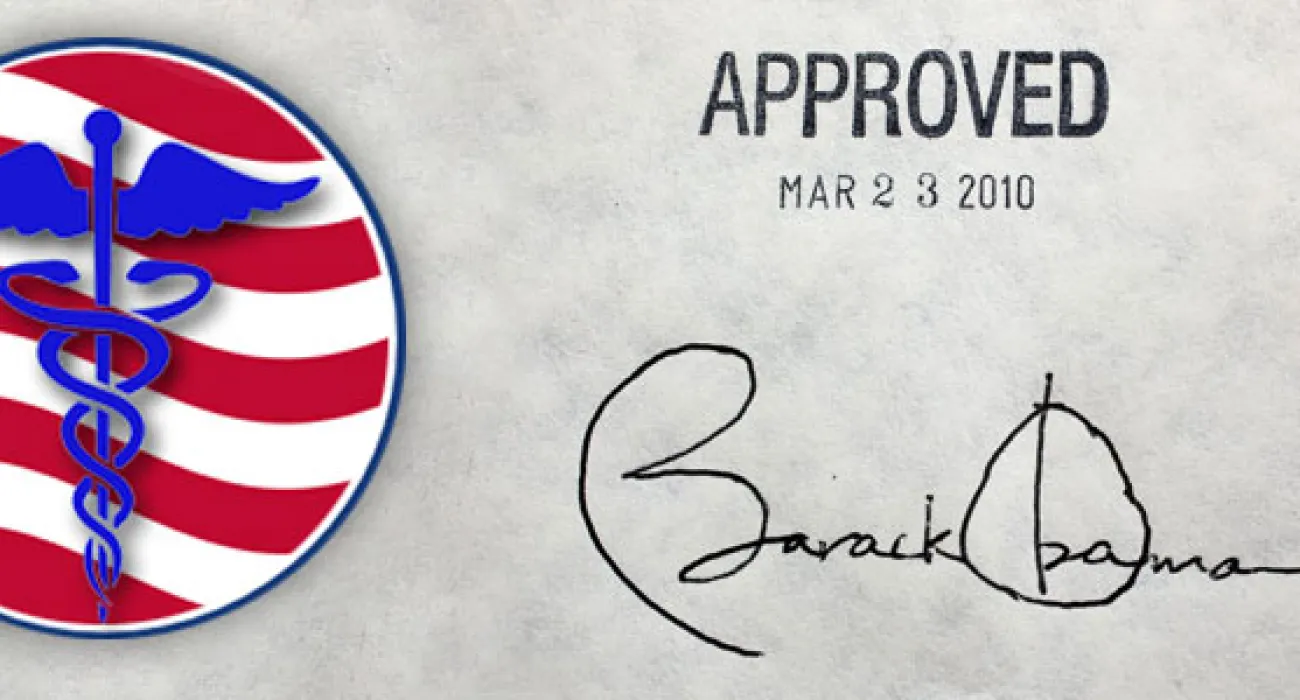With Obamacare kicking into to full speed here in 2013, last week I blogged about the 0% long-term capital gains tax. With so many different tax law changes happening, my fear is some tax-payers aren’t planning correctly and will get stung with an extra bill come tax time. For those individual filers who make more than $200,000 modified adjusted gross income (MAGI) and married couples making more than $250,000 MAGI, it is really important to understand how the additional .9% Medicare Tax will be collected here in 2013. Will your payroll company do this for you? Will you have to do it yourself? Is there a special form to fill out this year? Here it is straight from the IRS Website- BTW, this was about 46 different questions and answers, but I trimmed down the key items for you. (Source for all questions: www.irs.gov)
- When does Additional Medicare Tax start?
Additional Medicare Tax applies to wages and compensation above a threshold amount re-ceived after December 31, 2012 and to self-employment income above a threshold amount received in taxable years beginning after December 31, 2012. - What is the rate of Additional Medicare Tax?
The rate is 0.9 percent. - When are individuals liable for Additional Medicare Tax?
An individual is liable for Additional Medicare Tax if the individual’s wages, compensation, or self-employment income (together with that of his or her spouse if filing a joint return) ex-ceed the threshold amount for the individual’s filing status:Filing Status Threshold Amount Married filing jointly $250,000 Married filing separately $125,000 Single $200,000 Head of Household (with qualifying person) $200,000 Qualifying widow(er) with dependent child $200,000 - What wages are subject to Additional Medicare Tax?
All wages that are currently subject to Medicare Tax are subject to Additional Medicare Tax if they are paid in excess of the applicable threshold for an individual’s filing status. - Will Additional Medicare Tax be withheld from an individual’s wages?
An employer must withhold Additional Medicare Tax from wages it pays to an individual in excess of $200,000 in a calendar year, without regard to the individual’s filing status or wages paid by another employer. An individual may owe more than the amount withheld by the employer, depending on the individual’s filing status, wages, compensation, and self-employment income. In that case, the individual should make estimated tax payments and/or request additional income tax withholding using Form W-4, Employee’s Withholding Al-lowance Certificate. - Can I request additional withholding specifically for Additional Medicare Tax?
No. However, if you anticipate liability for Additional Medicare Tax, you may request that your employer withhold an additional amount of income tax withholding on Form W-4. The additional income tax withholding will be applied against your taxes shown on your individ-ual income tax return (Form 1040), including any Additional Medicare Tax liability. - Will I need to make estimated tax payments for Additional Medicare Tax?
If you anticipate that you will owe Additional Medicare Tax but will not satisfy the liability through Additional Medicare Tax withholding and did not request additional income tax withholding using Form W-4, you may need to make estimated tax payments. You should consider your estimated total tax liability in light of your wages, other compensation, and self-employment income, and the applicable threshold for your filing status when determin-ing whether estimated tax payments are necessary. - Will individuals calculate Additional Medicare Tax liability on their income tax returns?
Yes. Individuals liable for Additional Medicare Tax will calculate Additional Medicare Tax li-ability on their individual income tax returns (Form 1040). Individuals will also report Addi-tional Medicare Tax withheld by their employers on their individual tax returns. Any Addi-tional Medicare Tax withheld by an employer will be applied against all taxes shown on an individual’s income tax return, including any Additional Medicare Tax liability. - If my employer withholds Additional Medicare Tax from my wages in excess of $200,000, but I won’t owe the tax because my spouse and I file a joint return and we won’t meet the $250,000 threshold for joint filers, can I ask my employer to stop withholding Addi-tional Medicare Tax?
No. Your employer must withhold Additional Medicare Tax on wages it pays to you in excess of $200,000 in a calendar year. Your employer cannot honor a request to cease withholding Additional Medicare Tax if it is required to withhold it. You will claim credit for any withheld Additional Medicare Tax against the total tax liability shown on your individual income tax re-turn (Form 1040). - What should I do if I have two jobs and neither employer withholds Additional Medicare Tax, but the sum of my wages exceeds the threshold at which I will owe the tax?
If you anticipate that you will owe Additional Medicare Tax but will not satisfy the liability through Additional Medicare Tax withholding (for example, because you will not be paid wages in excess of $200,000 in a calendar year by an employer), you should make estimated tax payments and/or re-quest additional income tax withholding using Form W-4. For information on making estimated tax payments and requesting an additional amount be withheld from each paycheck, see Publication 505, Tax Withholding and Estimated Tax. - Are wages that are not paid in cash, such as fringe benefits, subject to Additional Medicare Tax?
Yes, the value of taxable wages not paid in cash, such as noncash fringe benefits, are subject to Ad-ditional Medicare Tax, if, in combination with other wages, they exceed the individual’s applicable threshold. Noncash wages are subject to Additional Medicare Tax withholding, if, in combination with other wages paid by the employer, they exceed the $200,000 withholding threshold.Example:
- D and E are married and file jointly. D has $150,000 in wages and E has $175,000 in self-employment income.
- D’s wages are not in excess of the $250,000 threshold for joint filers, so D and E are not liable for Additional Medicare Tax on D’s wages.
- Before calculating the Additional Medicare Tax on E’s self-employment income, the $250,000 threshold for joint filers is reduced by D’s $150,000 in wages re-sulting in a reduced self-employment income threshold of $100,000.
- D and E are liable to pay Additional Medicare Tax on $75,000 of self-employment income ($175,000 in self-employment income minus the reduced threshold of $100,000).
You can quickly see how this matter of tax planning can be highly complicated here in 2013 depending on your overall family situation. Especially if you have a partner or spouse and you each make $150,000 at your individual jobs. Make a smart money move and plan out your overall strategy while time still remains here in 2013. If you avoid looking at these details, you could get stung with a Medi-care tax bill next April that may end up making you owe more to the IRS than you anticipated..
Written by:
Ted Jenkin
Request a FREE consultation: www.oxygenfinancial.net
Securities and Investment Advisory Services offered through NFP Advisor Services, LLC (NFPAS), Member FINRA/SIPC. Oxygen Financial is not affiliated with NFPAS.




